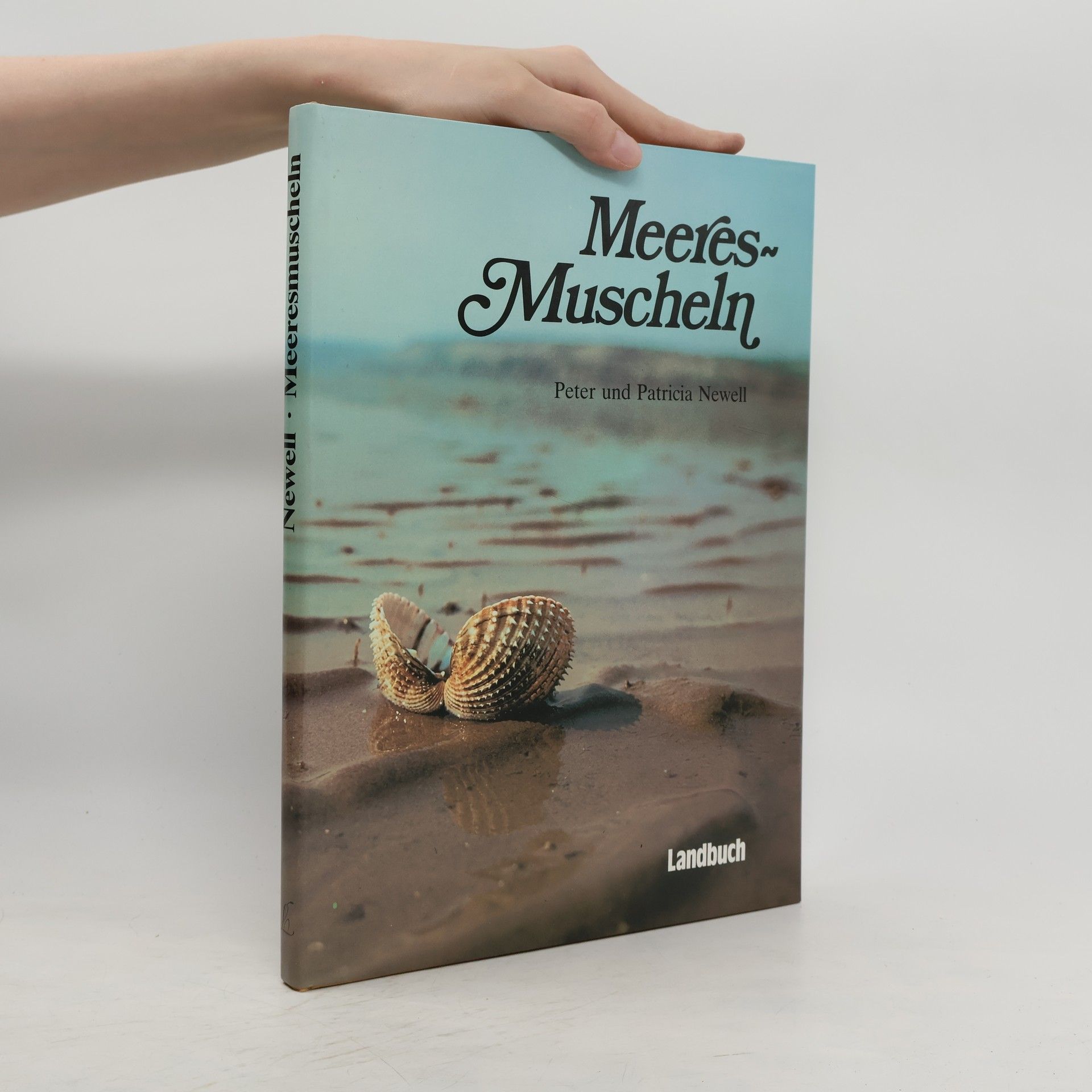In this Element, the authors develop an account of the role of behaviour change that is more political and social by bringing questions of power and social justice to the heart of their enquiry in order to appreciate how questions of responsibility and agency are unevenly distributed within and between societies.
Peter Newell Livres
Peter Newell était un artiste et écrivain américain célèbre pour ses livres illustrés originaux. Ses œuvres explorent souvent des situations ludiques et inattendues avec un style visuel distinctif. Il a également illustré de nouvelles éditions de nombreux livres pour enfants, contribuant ainsi de manière significative au paysage de la littérature jeunesse.






Governing Climate Change
- 174pages
- 7 heures de lecture
The book offers a concise introduction to the governance of climate change, highlighting the roles of various actors including civil society, businesses, multilateral development banks, donors, and cities. It emphasizes the increasing diversity of these stakeholders in addressing climate issues, making it a relevant resource for understanding contemporary climate governance dynamics. The revised edition enhances accessibility and provides updated insights into the collaborative efforts required to tackle climate change effectively.
The Enchanted Typewriter
- 116pages
- 5 heures de lecture
The narrative delves into the peculiarities of existence, exploring the complexities of human experiences and emotions. It reflects on the author's introspective journey, grappling with themes of identity and perception. Through a unique lens, the story invites readers to ponder the oddities of life and the deeper meanings behind their own experiences. This thought-provoking exploration encourages a deeper understanding of oneself and the world around them.
"Climate Capitalism" examines the urgent need to decarbonize the global economy by reducing reliance on fossil fuels. It discusses the complexities of this transformation within the context of capitalism and the necessity of engaging business and finance. The book highlights political challenges and global inequalities, making it vital for students and activists alike.
Mother Goose for Grown-ups
- 60pages
- 3 heures de lecture
This modern reissue of a classic work preserves the essence of Mother Goose while enhancing readability through reformatting and redesign. It aims to ensure the book's significance is not lost to history, making it accessible for contemporary and future readers. The text is presented clearly, free from the limitations of scanned copies. This edition falls within the realms of Language and Literature, specifically focusing on American and Canadian literary traditions.
Power Shift
- 300pages
- 11 heures de lecture
Focusing on the politics surrounding energy system change, this book presents an interdisciplinary analysis essential for reaching a zero-carbon economy. Through global case studies, it delves into the historical, political, and ecological aspects of energy transitions, examining how they are produced, financed, governed, and mobilized.
Polly schläft in langweiligen Situationen ein und träumt von fantastischen Abenteuern, in denen ihre Katze Spinne und andere Elemente lebendig werden. Ihre Geschichten, die zuerst 1906-1907 in der Chicago Tribune veröffentlicht wurden, sind mit Winsor McCays Little Nemo vergleichbar und erscheinen nun wieder.
Meeres-Muscheln
- 120pages
- 5 heures de lecture

